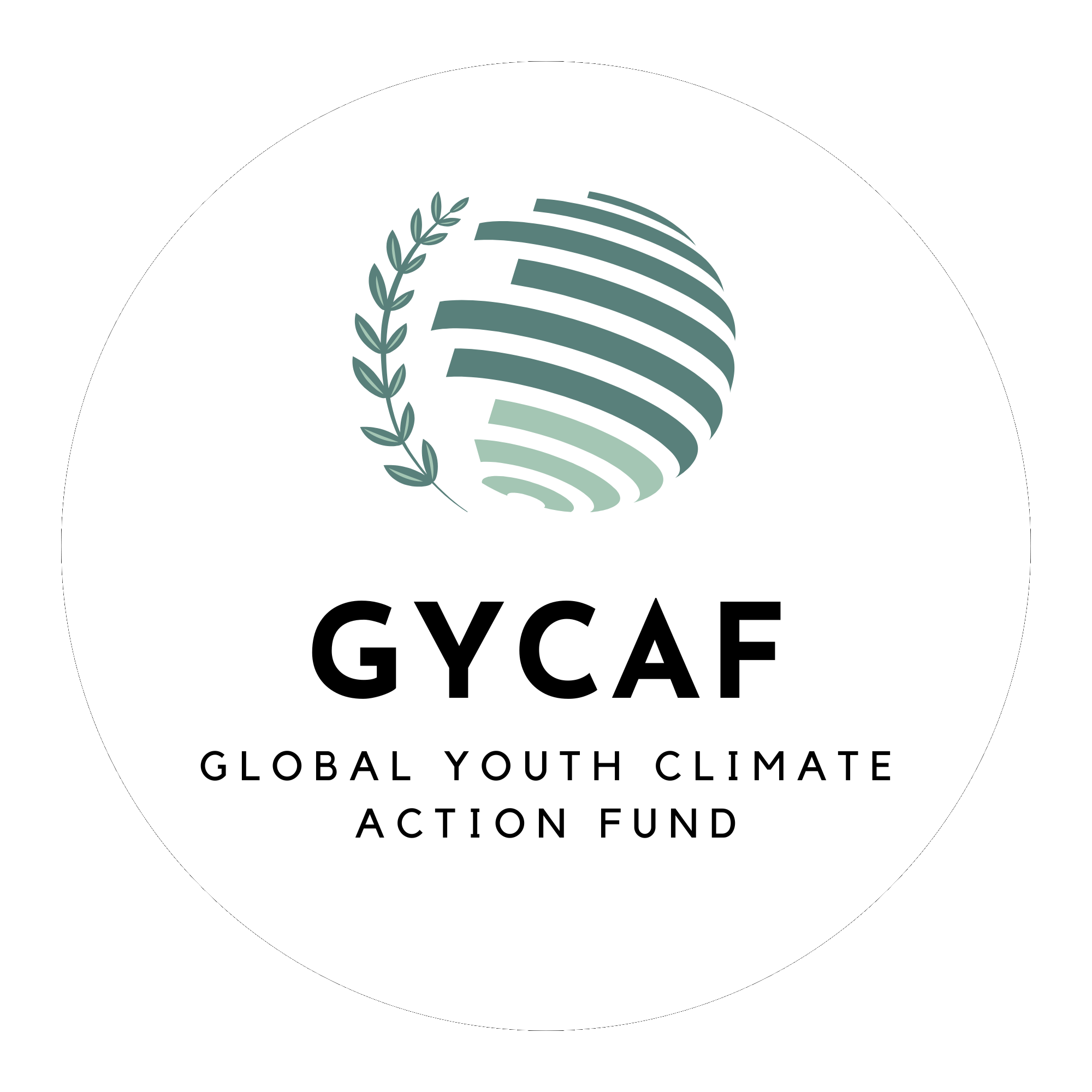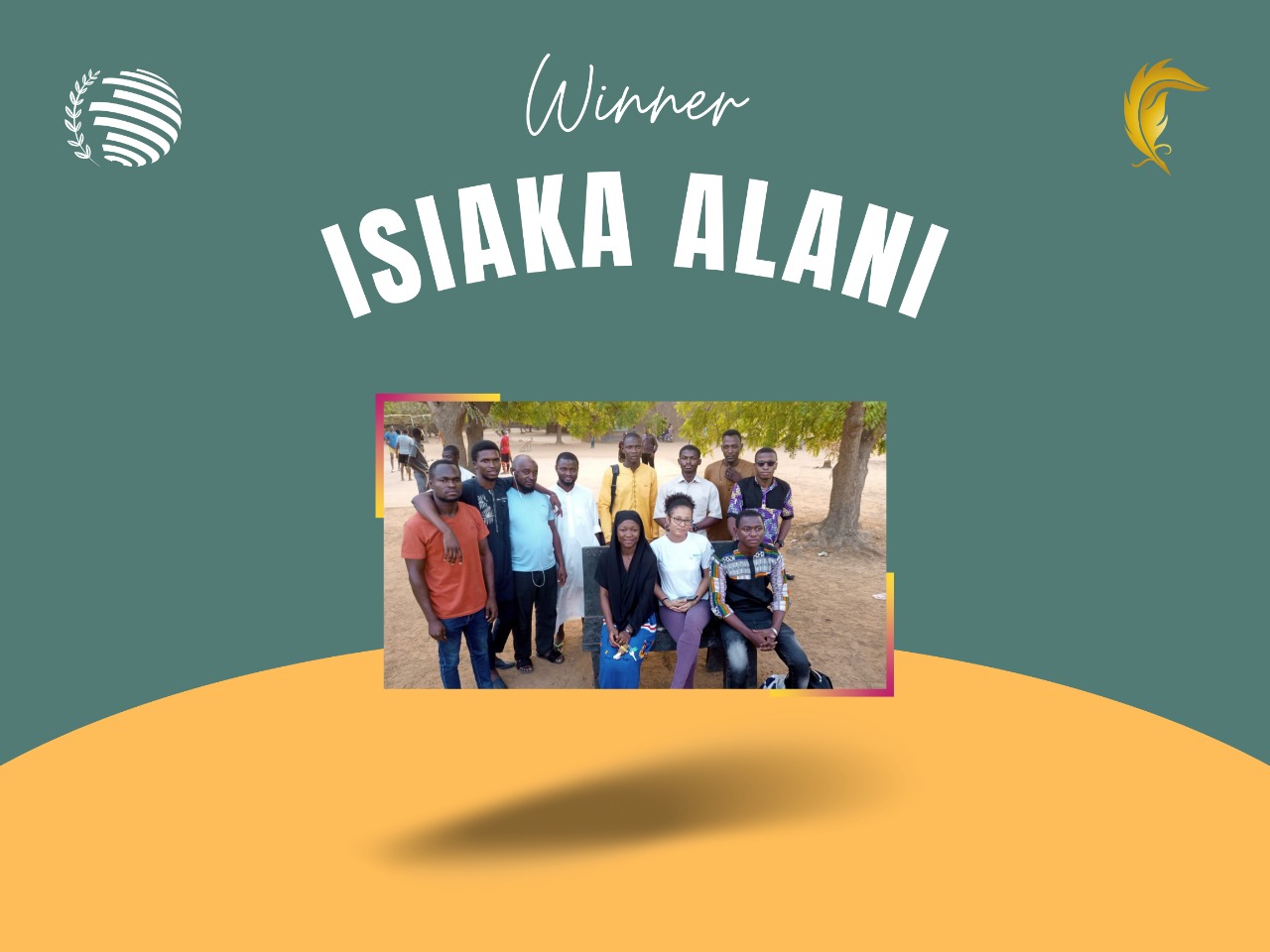Climate Innovation: From waste to potential
Climate Innovation Hub, established in March 2022, is a community of young researchers in the field of climate change and energy transition, who are collaboratively working towards a sustainable future. Our vision is to develop innovations through research to help in addressing the challenges of climate change and drive sustainable development in West Africa.
It all started with the West African Science Service Centre on Climate Change and Adapted Land Use (WASCAL), through a selection of sixty scholars from all the fifteen West African countries (ECOWAS) for an International Master’s research programme in Energy and Green Hydrogen. The first year of the programme is hosted by the Republic of Niger. ‘Welcome to the frying pan of the world’ is an expression by some of the natives to describe the severity of the heatwave in the country. Our arrival in Niger on the 17th of September 2021, for common fundamental courses, exposed us to a different environment, as the adverse effects of climate change were immediately apparent and evident around us.
We were hosted by the Ecole des Mine de l’Industrie et de la Technologie (EMIG), at the University of Abdou Moumouni, Niamey, Niger, where we stayed and took our semester courses. EMIG is one of the prestigious institutions of higher learning in Niger, with a total area of 20 hectares, a population of about 500 students, 60 teaching and non-teaching staff, and a vast number of traders and farmers (no adequate statistics), according to the school’s website. A major drawback of this prestigious institution is environmental pollution. Plastic waste is the major cause of environmental pollution in the EMIG community. Due to their non- degradable nature, plastic wastes constitute an immense environmental challenge. Every individual contributes, to an extent, to the rise in plastic pollution. Wastes are generated every day in our faculties, hostels, and restaurants, from polythene bags and plastic bottles. The use of plastics and poor waste management give rise to environmental challenges, such as air pollution, blockage in the drainage system, reduction in soil infiltration, diseases, and contribution to greenhouse gases emission, when the wastes are burnt.
Typically, on the EMIG campus, where there is absence of regulated waste dumping system, plastic wastes are disposed of in bushes, street gutters, and sometimes burnt. Consequently, the learning environment gets polluted, and the air quality reduces. We have realised through our interactions with other students on campus that majority of the EMIG community have little education about waste management. This also reflects in their burning of wastes, which poses a great health risk to the community. These challenges expand to Karadje, a neighbouring community which is inhabited by low-income poor masses, most of whom have little education about climate change and its effects.
In 2019, there was a heavy rain in the city of Niamey that inundated the whole Karadje community and the EMIG campus. This led to migration from the communities. Our discussions with students and inhabitants of Karadje, revealed that an open sewer between Karadje and EMIG had been choked with plastic wastes, which restricted the flow of water during the rain. From the discussions we had had and what we had witnessed about this environmental problem, and as climate actors and members of the community, we decided to take steps to curb the unpleasant disposal of plastic wastes. We spoke to the different stakeholders: the director, waste collectors, student leaders, and the general community, to understand the problem and propose feasible solutions for the betterment of the community. We also conducted a survey among the EMIG community to understand waste management on campus.
Because we did not have enough finance to purchase sufficient dustbins, we proposed the use of empty rice bags, which was affordable and easy to find. We hanged these bags at all accessible points on campus, with the label ‘Only plastic waste’ on them. Through our sensitization campaigns, people’s behaviour towards waste management began to change, and the bags were gradually filled with plastic wastes. We did not have a place for storage and recycling, hence we had to partner with Geston et La Valorisation des Dechets (GVD-Afrique), to recycle every ton of waste collected into useful products for the benefit of the community. As we have seen students stand for long hours during recreational activities, we decided to make the end product of our recycling plastic benches, which would be available at the recreation centres. Presently we have provided a bench for the basketball court. Everyone now benefits from the simple act of gathering their plastic wastes.
School is a reliable place to change the mindset of every society. We organized awareness campaigns and brought products made from plastic, and everybody in the school was involved. After a few weeks, our goal was achieved, and plastics are now disposed of properly. Through our experience and activities, we have come to understand that climate action through community involvement is a step toward achieving a global goal.
Isiaka Alani -Team Lead
Mohammed Saido Balde - Research & Planning

